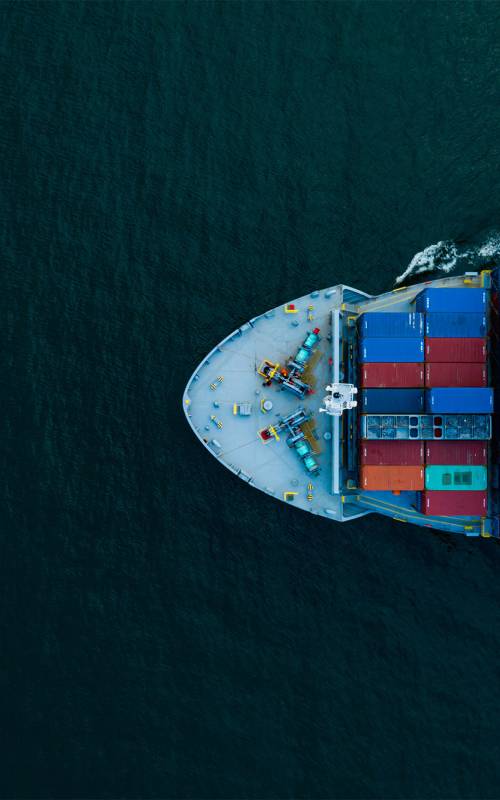Import
With Import, goods and merchandise are imported from abroad. Many countries are dependent on imports of goods such as cars, consumer electronics or consumer durables, but also raw materials such as oil, gas or steel. A distinction is also made between direct and indirect imports.
Sources of supply abroad are secured through import
In the case of direct import, for example, the domestic buyer takes the goods directly from the seller abroad by means of a purchase contract. If, for example, there is a large demand for raw materials in certain companies, it is worthwhile to independently direct import. This is not least because companies generally have an interest in direct business relations with their foreign suppliers. In the case of direct import of larger quantities, the importer can negotiate and exploit economic volume advantages. In the case of indirect import, both the domestic buyer and the foreign seller conclude a purchase contract with an import dealer. The continuous import secures sources of supply for goods and raw materials abroad if these are not or not sufficiently available in Germany.
Import dealers specialise in certain imports
If an import dealer specialises in certain goods, he can choose the most favourable one for him from a wide range of offers. In addition, customs and tax regulations apply to the import of various goods, which the importer must observe in any case. Countries may also impose an import ban on certain goods from other countries, which may be politically or economically motivated.
There are also many countries that are eligible for such processes when importing. The conditions and laws of these destinations must be observed and followed.



